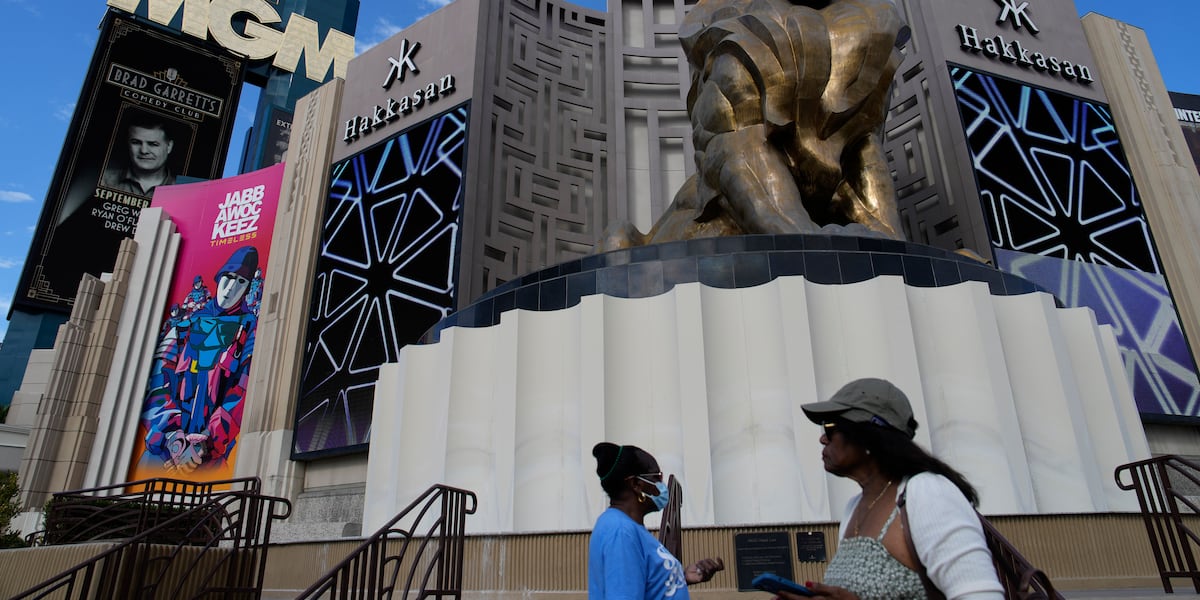Travel
Review: Markovsoroka – Kobza Bizarre’s Travel Loops of Static Broken Dialogues & The Tzerkalocvyt Bandura of Kosmos – The Progressive Subway

Style: psychedelic folk (mostly instrumental)
Recommended for fans of: Natural Snow Buildings, Lula Côrtes, The Gerogerigegege, Paul Konoplenko-Zaporozetz
Country: Ukraine/United States-OR
Release date: 25 October 2024
Over the past decade, Markov Soroka has progressed from a young Ukranian metal prodigy into a multi-project (Tchornobog, Aureole, Slow) titan of strange metal, showing Soroka clearly possesses a beautifully twisted imagination. I was lucky enough to catch Tchornobog at Soroka’s farewell show from his temporary residence in St. Louis, and nothing quite prepared me for the vomit ritual and blindfolded playing1. They were a paragon of stage presence, and the live painting session—as in Soroka had a local artist create a work as the music played using the paint they vomited up—during the set only added to the genius charm. With that live performance scarred into my brain, I understand why he was commissioned to perform live at Eilish Gormley Art’s exhibit “Magic Mirror Magic Mirror Help! Get Me Out of Here”; Soroka’s aura and dedication to his craft (as well as his synesthesia playing a role in his unique creationary process) is fitting for the high art world even unattached from metal. That live set constitutes the second half of this weighty release, the first “commissioned” to commemorate a friend’s trip through the Balkans. These two commissions are starkly different from Soroka’s other works, so do they stand up to his metal genius?
The first half of the album, Kobza Bizarre’s Travel Loops of Static Broken Dialogues, guards the border of consciousness and unconsciousness. In its liminality, one can feel Soroka’s questing to reach his friend, trying to bypass boundaries of space and time. Each of the four tracks crests eleven minutes and once it finds its groove, never relents its pulsating, hypnotic grip. These are palates of musical texture for timbre and form more than traditional “songs,” unfurling contemplatively in order to allow the mind to explore vast internal soundscapes—seeking melodic or rhythmic variation would distract from the quest of stepping beyond temporal borders to the metaphorical Balkans. The long tracks will be frustratingly repetitive to most, but their unhurried dreaminess is gorgeous. To create these textures, Soroka focuses on a few instruments and tries to unlock the potential in what their simple repetitions can do: percussive bells, synths, and Ukrainian folk instruments like the double necked kobza and 55-string bandura. To get accustomed to the minimalist folk of twenty minute opener “NoClipping Sleepdreams of Abandoned Monastaries with Lovers’ Mothwings” is difficult and will require from most listeners a desire to achieve a meditative state, an openness to the flexibility of form which most music (even for prog metal fans) doesn’t challenge, yet its shamanic buildup is well worth it to the patient listener. The pulse is altered by backing synth melodies, occasionally the kobza and bandura pluck between the overwhelming onslaught of rhythm, and clipped voices take on hints of melody throughout. The other three tracks are similarly hypnotic and repetitive—although not identical in style as “Savehouse Spokiy Overlooks our Dreamsleep of Healthpoints” plays much more with a plodding dungeon synth-y backing—but the polyptych flows as one meditation in a satisfyingly brilliant manner.
What makes Soroka so unlike most other artists is surely informed by his monochromatic synesthesia: listening to music forms grandiose architectures and narratives in his mind. If you’ve followed along with the concepts of his Tchornobog and Aureole projects, this is an unsurprising revelation, but for those of you less familiar with his work: it is intensely story-driven and often more focused on texture than melody. This double LP pushes that to the extreme, though, and the lack of, well, anything except for hazy musical textures is confusing and difficult to grapple with, particularly for such an extended time. I’m sure Soroka’s amazing mind crafts a stunning artistic backdrop for this release, but me and my non-synesthete-ness get lost in the work far too easily. I still find it easy to drift away, but the piece is surely lacking the power it could have had I an extra sense.
The side commissioned by Eilish Gormley’s, The Tzerkalocvyt Bandura of Kosmos, functions similarly to Kobza Bizarre’s Travel Loops of Static Broken Dialogues, albeit more actively. There’s a darker hue to the dreaminess, more sinister percussion (hear the second half of “Tzerkalocvyt I – Mountaintop Wind of Vaporware Downloads”). These tracks draw from a wider range of influence—particularly 90s PC game music and some gothic-ness—but I hear doom-y dungeon synth like Bakt and even some of the eerie folk music of Nishaiar infiltrate. The Tzerkalocvyt Bandura of Kosmos is as relaxing, beautiful, and strange as the first half.
Of course, paired together this release is over two hours of very repetitive psychedelic folk music, and it’s simply too much to stomach. It’s a lovely project to experience, letting the colors and forms and textures of the music wash over you, but it grows tedious quickly in nearly every listening context. While I appreciate tracks like “Tzerkalocvyt III – Narodivsya, 1995 Irregular Linedef” for the way it expands on themes in the previous Tzerkalocvyt movements, it wouldn’t exactly be great listening without a remarkably long attention span or with the genetic gift of synesthesia. Both his friend and Gormley undoubtedly hired the right person for the job, and Soroka is brilliant here, but it’s simply not a friendly album to listen to more than once in a blue moon.
Recommended tracks: The Tzerkalocvyt Bandura of Kosmos
You may also like: Nishaiar, Esoctrilihum, Bakt
Final verdict: 7.5/10
Related links: Bandcamp | Facebook | Instagram
Label: independent
Markovsoroka is:
– Markov Soroka (everything)









